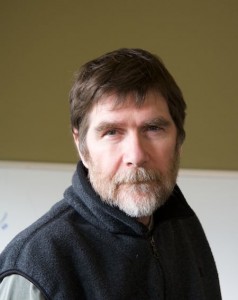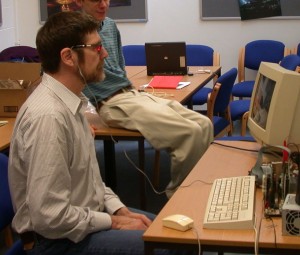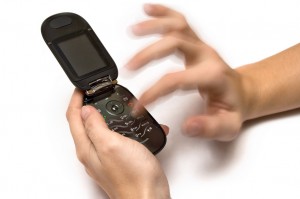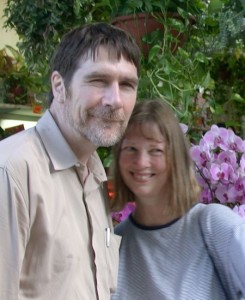 My dear friend Martin King passed away last week. He was perhaps the most remarkable, intelligent, tall, good-hearted, inventive, generous, and thoroughly frustrating person I have ever known.
My dear friend Martin King passed away last week. He was perhaps the most remarkable, intelligent, tall, good-hearted, inventive, generous, and thoroughly frustrating person I have ever known.
Our lives were closely intertwined for many years, despite the fact that we lived thousands of miles apart. He and I filed dozens of patents and started three companies together. Amongst other things not normally associated with business relationships, we also explored antique stores in Amsterdam, flew to Hong Kong for a long weekend, and took long road trips through the deserts of Oregon, discussing pixel-encoding algorithms and the meaning of life between loud bursts of Leonard Cohen.

Martin was always full of surprises. I remember him casually mentioning once that he had sailed single-handed across the Atlantic. I remember his descriptions of tree-level helicopter flights in Vietnam. And even amongst those familiar with the technology which brought him financial success – the T9 predictive-text software for mobile phones – few know it was a direct development of his early work on a low-cost eye-tracking system for those with paraplegia.
Both T9, and the company Tegic which created it, were significant achievements. T9 saved you having to tap the ‘2’ key three times to get the letter ‘C’, for example, because it used a dictionary to establish that a limited number of words – often only one – could be represented by the sequence of keys you had typed. Some disliked or were confused by the system, but for many it was the only way to perform text input at a reasonable speed on the phones of yesteryear.

In these days of iPhone app stores it seems primitive, but there were some serious challenges back then. Memory on mobile devices was expensive stuff, so they had to pack a decent-sized dictionary – 64,000 words – into 64Kbytes. That’s a good problem for a Computer Science project. (And don’t make it too dependent on the structure of English words, because when you need to show it to Samsung you’ll want to throw together a demo in Korean.) But there was a business hurdle to overcome, too: at that time all the software on a phone was written by the manufacturer, and T9 was, I believe, the first third-party software to be licensed and incorporated by all the major vendors. Others can tell the Tegic story better than me, since it happened several years before I knew Martin. But I hope that somebody will, because I suspect in the hands of the right author it would make a cracking good yarn.
Martin could become intensely focussed on a project or topic, to an extent that was sometimes uncomfortable. He became obsessed with things that frustrated him, including, sometimes, people, who usually through no fault of their own would suddenly fall out of favour, and some found themselves encouraged to pursue their careers elsewhere. He was always fair, often very generous, in compensating those affected, but it can’t have been easy to be on the receiving end, wondering where it had all gone wrong…
 Yet it was this focus on his frustrations that also made him so incredibly inventive. Things would bug him, and he would ask why they had to be that way. Some of our most enjoyable discussions – and quite a few patents – would come when one of us, usually he, posed a question like “Why do you have to reset your watch manually every time you fly to another country?” And then the notebooks would come out and all plans of getting any sleep on the plane would be cast aside.
Yet it was this focus on his frustrations that also made him so incredibly inventive. Things would bug him, and he would ask why they had to be that way. Some of our most enjoyable discussions – and quite a few patents – would come when one of us, usually he, posed a question like “Why do you have to reset your watch manually every time you fly to another country?” And then the notebooks would come out and all plans of getting any sleep on the plane would be cast aside.
When Martin was diagnosed with multiple myeloma five years ago, there were times when we thought he might only be around for a few more months, and times when the prognosis seemed much more hopeful. We’d always discussed life and death pretty openly, so it was easy to talk about the latter now. By way of expressing my gratitude for this, I once told him, rather inelegantly, “Well, Martin, if I had to have a friend who was dying, I’d want it to be you.” He laughed out loud, and quoted this back to me on many an occasion.
Martin, you were an inspiration.
Recent Comments